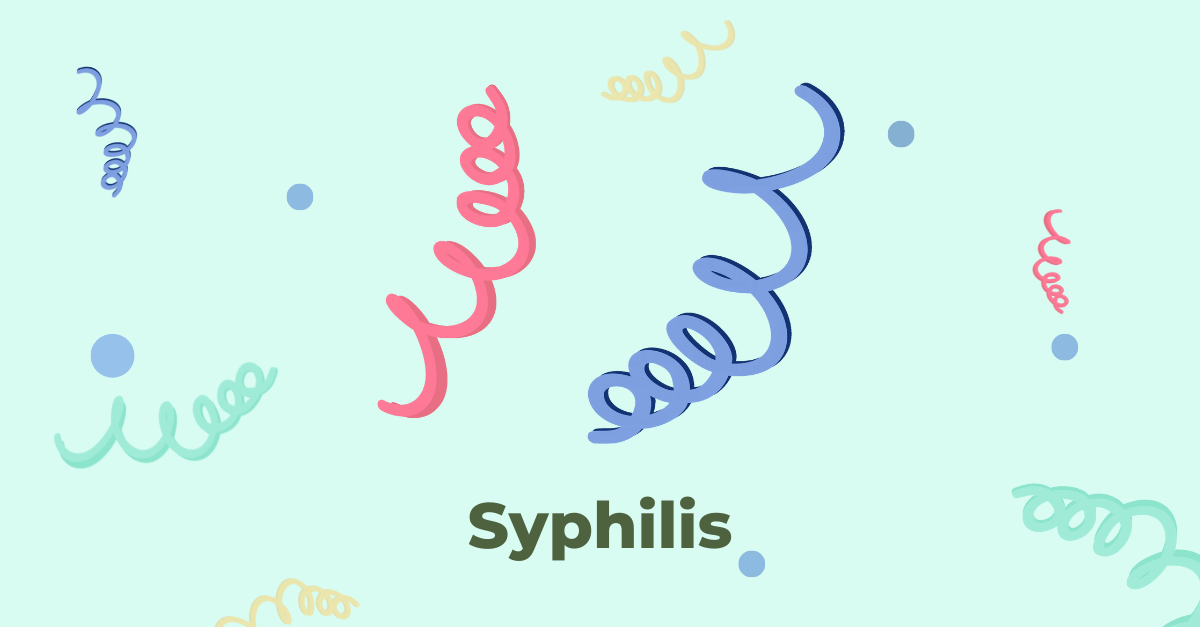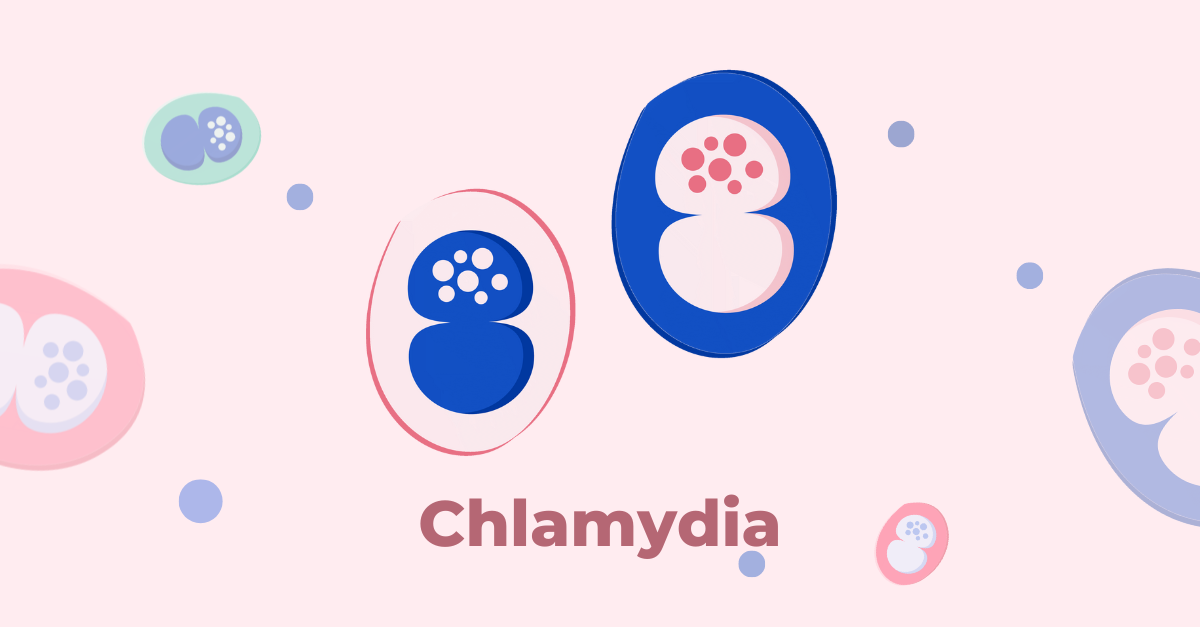Overview
Syphilis is a bacterial sexually transmitted infection (STI) caused by Treponema pallidum which results in substantial morbidity and mortality, and it is curable. Infection develops in stages (primary, secondary, latent, and tertiary). Each stage can have different signs and symptoms. After the initial infection, the syphilis bacteria can remain inactive in the body for decades before becoming active again. Without treatment, syphilis can severely damage the heart, brain, or other organs, and can be life-threatening.
Table of Contents:
- Symptoms and causes
- Primary Stage
- Secondary Stage
- Latent Stage
- Tertiary Stage
- When to see a doctor?
- Diagnosis and treatment
- Coping and support
- Preparing for your appointment
- What to expect from your doctor
- What can you do in the meantime?
Symptoms and causes
How does Syphilis spread?
You can get syphilis by direct contact with a syphilis sore during vaginal, anal, or oral sex.
Syphilis can spread from a mother with syphilis to her unborn baby. You can get the infection if you come into contact with an ulcer on the penis, vagina, bottom (anus), or inside the mouth.
You cannot get syphilis through casual contact with objects, such as toilet seats, doorknobs, swimming pools, hot tubs, bathtubs, sharing clothing, or eating utensils
Symptoms
Primary Stage
During the initial phase (primary syphilis), which lasts on average 21 days, a solitary, painless, usually hard and round sore (chancre) appears at the site of inoculation (contact), often in the vagina, penis or anus (but it may also be extra-genital) and may go unnoticed. These heal with or without treatment within 3 to 10 weeks.
Secondary Stage
During the secondary stage, you may have skin rashes and/or sores in your mouth, vagina, or anus. This stage usually starts with a rash on one or more areas of your body. The rash can show up when your primary sore is healing or several weeks after the sore has healed. The rash can be on the palms of your hands and/or the bottoms of your feet and look rough, red, or reddish-brown.
Other symptoms may include:
- fever;
- swollen lymph glands;
- sore throat;
- patchy hair loss;
- headaches;
- weight loss;
- muscle aches; and
- fatigue (feeling very tired).
The symptoms from this stage will go away whether you receive treatment.
Latent Stage
The latent stage of syphilis is a period when there are no visible signs or symptoms. Without treatment, you can continue to have syphilis in your body for years.
Tertiary Stage
Most people with untreated syphilis do not develop tertiary syphilis. However, when it does happen, it can affect many different organ systems. These include the heart and blood vessels, and the brain and nervous system. Tertiary syphilis is very serious and would occur 10–30 years after your infection began. In tertiary syphilis, the disease damages your internal organs and can result in death. A healthcare provider can usually diagnose tertiary syphilis with the help of multiple tests.
When to see a doctor?
Go to a sexual health clinic or see a GP if:
- you or a sexual partner have symptoms of syphilis
- a sexual partner has told you they have syphilis or another sexually transmitted infection (STI)
- you've recently had sex with a new partner and did not use a condom
- you're pregnant or planning to get pregnant and think you might have syphilis
-
you've injected drugs using a needle that's been used by someone who might have syphilis
Diagnosis and treatment
Diagnosis
Syphilis can be diagnosed by testing samples of:
- Blood - Blood tests can confirm the presence of antibodies that the body produces to fight infection. The antibodies to the syphilis-causing bacteria remain in your body for years, so the test can be used to determine a current or past infection.
- Cerebrospinal fluid - If it's suspected that you have nervous system complications of syphilis, your doctor may also suggest collecting a sample of cerebrospinal fluid through a lumbar puncture.
If you have syphilis, your current, and any recent sexual partners will also need to be tested and treated. The GP or sexual health clinic can advise you about contacting your sexual partners. This can be done without naming you.
Treatment
Syphilis is treated with antibiotics, which you may have as injections, tablets, or capsules.
Treatment may be started before your test result is known. How long you need treatment will depend on the stage of your syphilis.
In some people, treatment can cause flu-like symptoms, such as a high temperature, headache, and aching muscles. This usually lasts for up to 24 hours.
You'll need to go back to the GP surgery or sexual health clinic 6 and 12 weeks after starting treatment to be retested.
Coping and support
A diagnosis of Syphilis may cause embarrassment, shame, anger, or other strong emotions. You may be suspicious or resentful of your partner. Or you might be worried about rejection by your current partner or future partners.
Healthy ways to cope with having Syphilis include the following:
- Communicate with your partner - Be open and honest about your feelings. Trust your partner and believe what your partner tells you.
- Educate yourself - Talk with your healthcare provider or a counsellor. They can help you learn how to live with the condition. They can also help you lessen the chance of infecting others. Learn about your treatment options.
- Join a support group - Look for a group in your area or online. Talk about your feelings and learn from others' experiences.
Preparing for your appointment
- Be aware of any pre-appointment restrictions. At the time you make the appointment, ask if there's anything you need to do in advance.
- Write down any symptoms you're experiencing, including any that may seem unrelated to the reason for which you scheduled the appointment.
- Make a list of all medications, vitamins, or supplements you're taking.
- Write down questions to ask your doctor.
Some basic questions to ask your doctor include:
- What's the medical name of the infection I have?
- How is it transmitted?
- Will it keep me from having children?
- If I get pregnant, could I give it to my baby?
- Is it possible to catch this again?
- Could I have caught this from someone I had sex with only once?
- Could I give this to someone by having sex with that person just once?
- How long have I had it?
- I have other health conditions. How can I best manage them together?
- Should I avoid sexual activity while I'm being treated?
- Does my partner have to go to a doctor to be treated?
What to expect from your doctor
Here are some of the things your doctor may ask:
- What symptoms made you decide to come in? How long have you had these symptoms?
- Are you sexually active with men, women, or both?
- Do you currently have one sex partner or more than one?
- How long have you been with your current partner or partners?
- Have you ever injected yourself with drugs?
- Have you ever had sex with someone who has injected drugs?
- What do you do to protect yourself from sexually transmitted infections (STIs)?
- What do you do to prevent pregnancy?
- Has a doctor or nurse ever told you that you have chlamydia, herpes, gonorrhea, syphilis, or HIV?
- Have you ever been treated for a genital discharge, genital sores, painful urination, or an infection of your sex organs?
- How many sex partners have you had in the past year? In the past two months?
- When was your most recent sexual encounter?
What can you do in the meantime?
If you think you might have syphilis, it's best to avoid sex until you've talked with your doctor. If you do engage in sexual activity before seeing your doctor, be sure to follow safe sex practices, such as using a condom.





